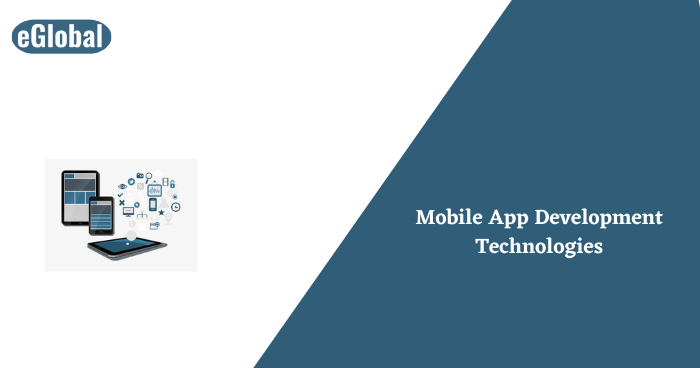

Mobile App development technologies refer to the various frameworks, libraries, and tools used to create a mobile application. Mobile applications can be used on laptops, smartphones, and smartwatches. The two dominant platforms for mobile applications are Android and iOS.
There are five major programming languages that are used in mobile app development. These are:
Swift is mainly used to develop native iOS apps. It is regarded as a successor to C and Objective-C languages. It is an open-source language that is designed to be powerful, fast, powerful, and intuitive. It has a lightweight Syntax that is expressive and allows ideas, although complex, to be conveyed concisely and clearly.
Features of SWIFT include:
It is the foundation of most web programming languages thanks to its simplicity. It is used widely in Graphical user interfaces, embedded systems, and operating systems. You can develop user-friendly, high-performing, complex, and extended functionality software applications. It is platform-independent meaning you can write the code once and render it on multiple platforms without compromising on the app’s security or performance. It lowers development costs since it promotes code reusability.
Features of C++ include:
In the history of programming, it is the most reliable and successful language since it is platform-independent. It allows programmers to write code once and run it on all programs that support Java. It is an extremely versatile, object-oriented, general-purpose programming language whose implementation dependencies are minimal. It has many open-source libraries and a wide range of features that developers can choose from.
Java features include:
This is the latest version of HTML, which is the standard language for structuring and displaying web content. It delivers multi-platform functionality with an exceptional user experience that can be leveraged by those who find cross-platform development a daunting task. It advocates a responsive design while ensuring consistency across browsers. The “write once and run everywhere” advantage it has reduces the cost and time it takes for your app to hit the market.
Its features include:
For web and mobile apps that require database access and integration, this is the ideal programming language and the best alternative to Microsoft ASP. The main reason it was created was to develop websites and web applications but its adaptability made it the go-to choice for building hybrid mobile apps.
PHP features include:
Mobile apps can be classified into three main broad categories. These are:
To build-award winning apps consider the following frameworks:
This is an open-source, cross-platform SDK developed by Google. It allows apps to be built on both Android and iOS platforms. It allows a developer to build, develop, and deploy mobile apps for mobile, desktop, and web using a single code base. Its programming language is Dart instead of JavaScript. It doesn’t rely on web browser technology and customizes its widgets.
This is an open-source JavaScript mobile app development technology that is gaining preference from developers in recent times. It supports the development of native apps for both iOS and Android. Native apps are built with JavaScript using the same design as React. Apps built in this framework are native and cannot be distinguished from others built using Java, Swift, or Objective-C.
This is a modern, open-source SDK for Android and iOS apps. It uses standard web technologies to build powerful apps for multiple platforms. It is built on top of Angular JS and Apache Cordova. It boasts cloud security safeguards.
This is a free, cross-platform, and open-source app building platform for creating Android and iOS apps. It uses .NET and C#. It is one of the most cost and time-saving frameworks for mobile app development. You can use it to deliver Windows, iOS, and Android apps with one shared .NET code base. It integrates seamlessly with the Azure cloud platform offering your mobile app scalability.
This framework allows developers to use JavaScript or any other language that can trans-compile to JavaScript to build mobile apps. Some of its notable features include Vue.js and Angular integration. It offers complete and direct access to all kinds of Android and iOS APIs.
Mobile app technologies continue to evolve and make work easier for developers every day. As a developer knowing the right language and framework to use to build an app will give you an advantage in both cost and time-saving. You need to identify the mobile app technology needs you intend to solve and then choose the right framework to fit those needs. You can hire best mobile app developers India for your upcoming app development projects.

© 2017 All rights reserved.